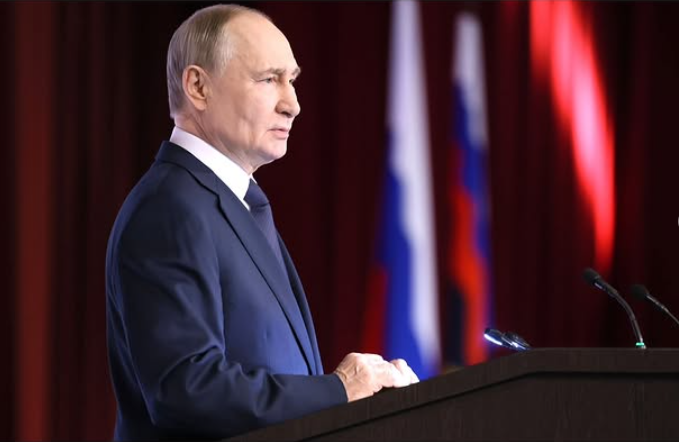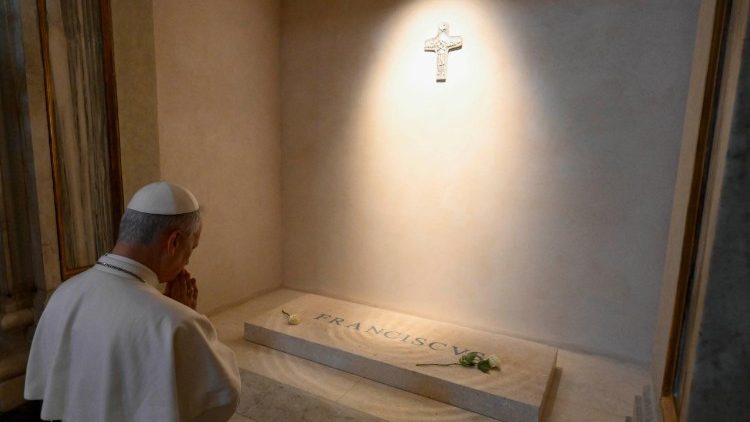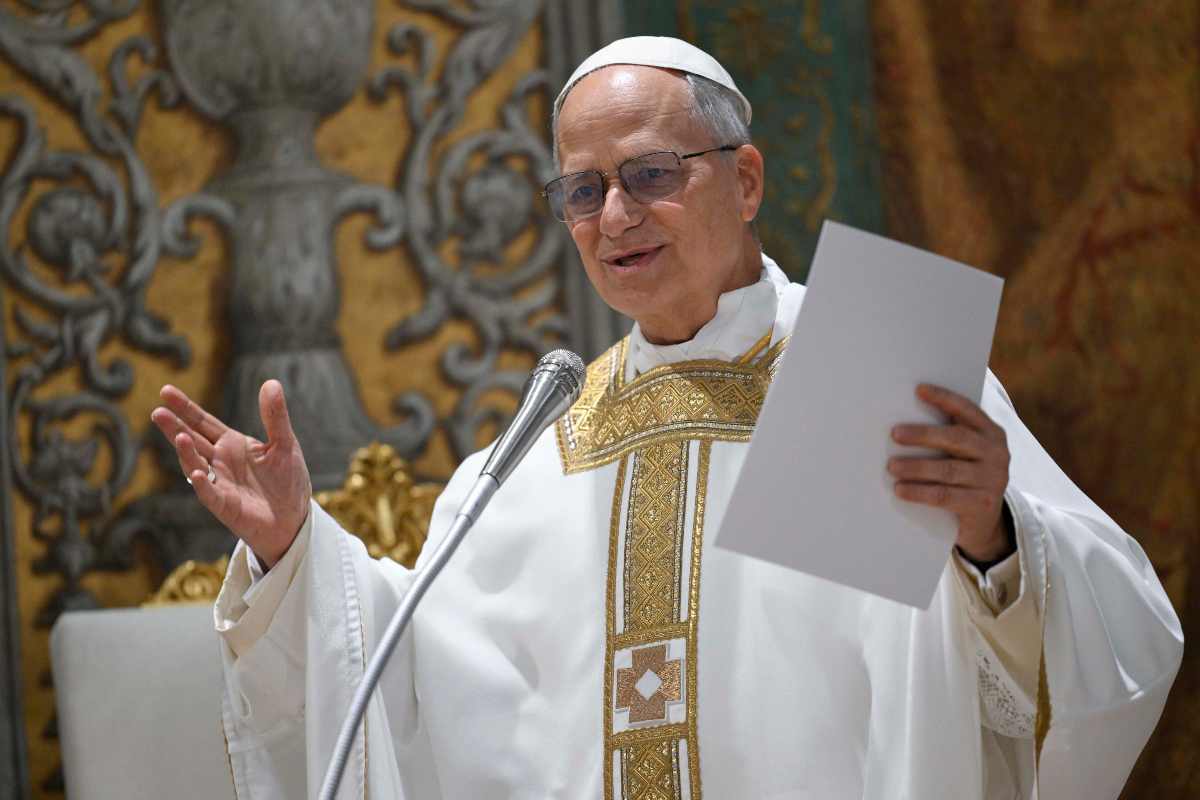[ad_1]
LONDON (Reuters) – Britain’s government partially abandoned a cap on public-sector pay on Tuesday, saying it would raise wages for police and prison guard by more than its long-standing 1 percent limit.
Workers in Britain are unhappy over pay growth since the financial crisis which has fallen by more in inflation-adjusted terms than in any other major economy, dropping by an adjusted 0.5 percent as inflation rose following last year’s Brexit vote.
Britain is now facing the possibility of strikes over pay after the country’s biggest civil service union said last week it would ballot members over industrial action.
And on Tuesday the head of a union covering more public-sector workers said coordinated strikes over pay were possible.
The new rises will still be less than inflation, with the government, which is trying to fix Britain’s budget deficit, saying it would continue to exert discipline while also showing greater flexibility for jobs that are hard to recruit.
But police officers and trade unions said they were unhappy with the offer which will give police the usual 1 percent increase to their basic pay, plus a one-off of 1 percent.
Meanwhile, prison officers will get an average pay rise of 1.7 percent in 2017/18.
“We will continue to ensure that the overall package for public sector workers recognises their vital contribution … while also being affordable and fair to taxpayers as a whole,” deputy finance minister Elizabeth Truss said.
The government froze pay for all but the lowest-paid public-sector workers in 2010, and capped rises in basic pay at 1 percent in 2013.
The new pay rises are below inflation which hit 2.9 percent in August, and the government offered no extra money to fund the increased staff costs, which raises the possibility of job cuts or reduced public services.
A police staff representative said officers would be angry that the pay award was less than the permanent 2 percent increase recommended by an official pay review body.
A senior officer who speaks for police chiefs, Francis Habgood, said forces had no money for pay rises.
“Without better real-terms funding protection from government, an award above 1 percent will inevitably impact on our ability to deliver policing services and maintain staffing levels,” Habgood said.
Among the factors behind the low wage growth are weak productivity growth and the government’s prioritisation of reducing the budget deficit.
This reached 10 percent of gross domestic product in 2010 and stood at 2.5 percent of GDP in the 2016/17 financial year.
Additional reporting by William James and Michael Holden, editing by Stephen Addison and Alexander Smith
[ad_2]
Source link






Leave a Reply